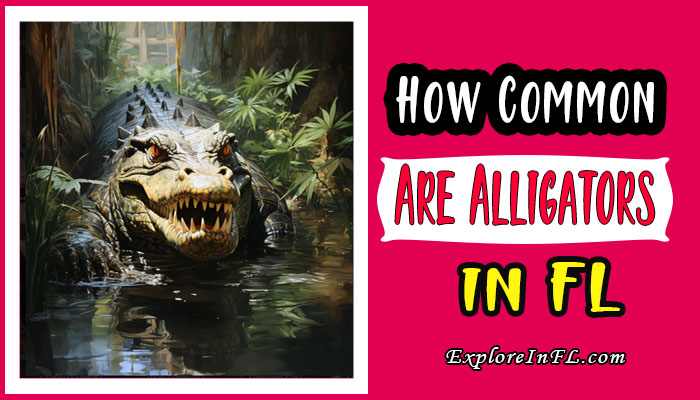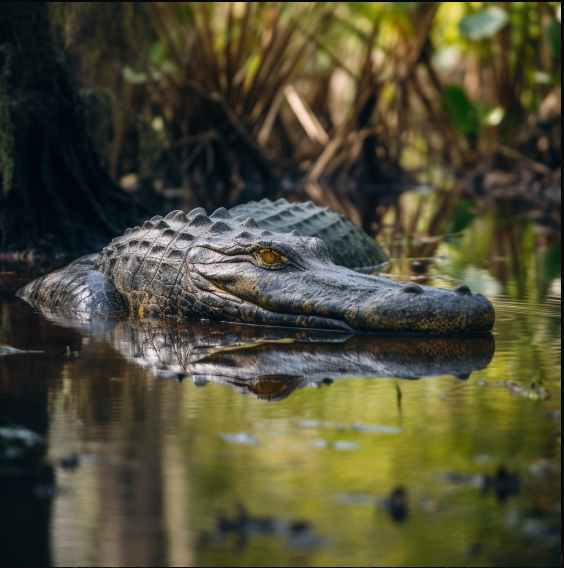Can Florida Panthers Be Black? Exploring the History and Reality
For centuries, people have been fascinated by the black panther. This elusive creature is often seen as a symbol of mystery and power. But is the black panther real? And if so, can Florida Panthers be black?
In this blog post, I will take you through the captivating journey of understanding the reasons and history behind this intriguing question. Let’s embark on this adventure and unveil the truth behind Florida Panthers’ elusive coloration.
Florida panthers are rarely black. The Florida panther is a large cat that is native to the state of Florida in the United States.
The Florida Panther: A Brief Overview
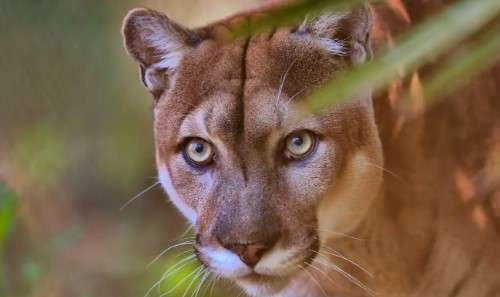
Before we dive into the depths of their coloration, it’s essential to understand the basics of the Florida Panther. These remarkable creatures, Puma concolor coryi, are a cougar subspecies. They are native to the southern regions of the United States, with their primary habitat being the beautiful state of Florida.
See Also: Can you shoot pythons in Florida?
The Mystery of Panther Coloration
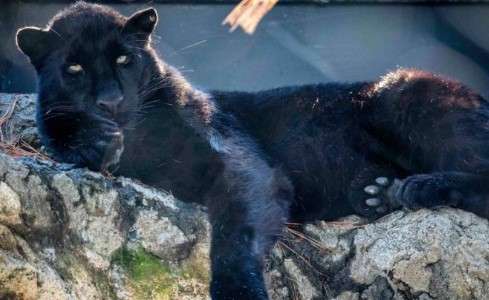
When you think of a Florida Panther, you probably envision a tawny, golden coat with black-tipped ears and a long, elegant tail. This is indeed the most common coloration of these magnificent felines. However, there are rare instances when their coat takes on a darker hue, raising the question: Can Florida Panthers be black?
The black coloration in Florida Panthers is a rare phenomenon. It’s important to note that these black panthers are not a distinct species but a color variation. The black coat results from melanism, a genetic condition that increases the production of dark pigments, melanin. This condition can lead to an all-black or near-black appearance, making these panthers unique.
Can Florida Panthers Be Black?

Yes, the Florida Panthers can be black. A recessive gene causes the black coloration. The gene is more common in the Florida panther population than in other cougar populations, so black panthers are more likely to be seen in Florida. However, both black and tawny panthers occur in the population. The Florida panther population is the only known population of cougars with black and tawny individuals.
The black coloration is not harmless. It can make it more difficult for the panthers to camouflage themselves from prey and predators. It can also make them more susceptible to heat stress in the hot Florida climate. However, black coloration is not fatal, and black panthers can live long and healthy lives.
Black panthers are an essential part of the Florida panther population. They add genetic diversity to the people, which can help them adapt to environmental changes. They also play an essential role in the ecosystem by helping to control populations of deer and other prey animals.
Historical Significance
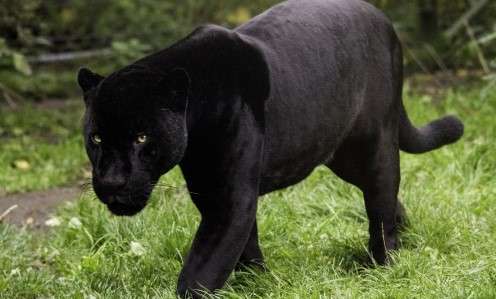
The history of black Florida Panthers is deeply entwined with Native American legends and folklore. Some tribes believed these black panthers were sacred and often associated them with powerful spirits. The appearance of a black Florida Panther was considered a rare and mystical event, contributing to the enigma surrounding their existence.
Read More: Can You Bring a Coconut on a Plane from Florida?
Early European explorers and settlers in Florida documented their encounters with these black panthers. Their dark appearance left a lasting impression and added to the mystique that surrounds these remarkable creatures.
Reasons Behind Melanism
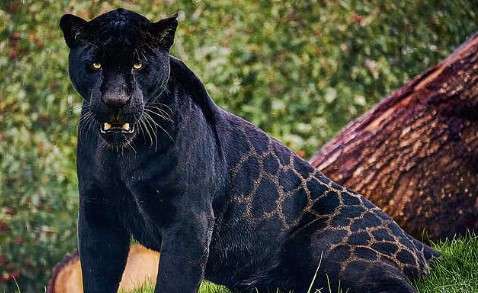
Understanding the reasons behind melanism in Florida Panthers is crucial in unraveling the mystery of their black coloration.
1. Camouflage
In the dense forests and swamps of Florida, black Florida Panthers have a unique advantage. Their dark coats provide exceptional camouflage in the shadows, making them more efficient hunters.
2. Genetic Variation
Melanism is primarily a result of genetic variation. Just like humans can have different hair and eye colors, Florida Panthers can have varying coat colors due to the diversity in their genetic makeup.
3. Adaptation
Nature has a way of equipping creatures with features that help them thrive in their environment. For black Florida Panthers, their melanistic coat is an adaptation that aids their survival in their specific habitat.
My Encounter
As a wildlife enthusiast, I had the privilege of witnessing a black Florida Panther in the wild. It was an awe-inspiring experience, and it solidified my fascination with these incredible creatures. The encounter left me with a profound respect for the intricate balance of nature.
Related Content: Central Florida vs South Florida
FAQs
Are black Florida Panthers a separate species?
No, black Florida Panthers are not a separate species. They are a color variation resulting from melanism, a genetic condition that increases the production of dark pigments, melanin. This condition leads to their black or near-black appearance.
How rare are black Florida Panthers?
Black Florida Panthers are pretty rare. Most Florida Panthers have the typical tawny coat with black-tipped ears and tail. Black individuals comprise a small percentage of the population due to genetic factors.
Is it possible to see a black Florida Panther in the wild?
While it’s uncommon, it is possible to encounter a black Florida Panther in the wild, especially in the southern regions of Florida. Wildlife enthusiasts consider these encounters a privilege and are highly sought after due to their rarity.
Conclusion
Florida Panthers can indeed be black, thanks to the fascinating phenomenon of melanism. This rare occurrence adds a layer of mystery and intrigue to these already captivating creatures. The history and reasons behind their black coloration only enhance their allure.
As we continue to learn more about the world of wildlife, it’s crucial to appreciate the uniqueness and beauty of these animals.


